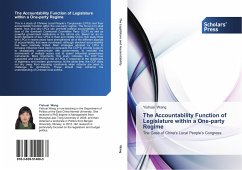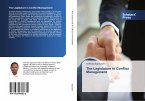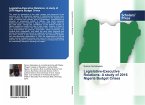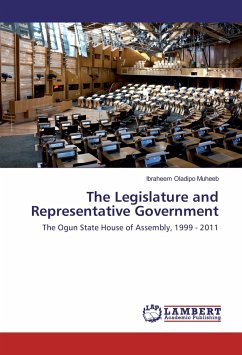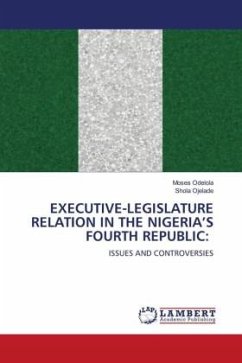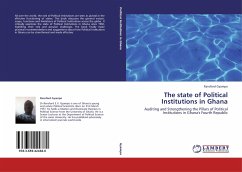This is a study of Chinese Local People s Congresses (LPCs) and their accountability function within the one-party regime. The focus is to what extent, how, and why LPCs can promote political accountability in the face of the dominant Communist Committee Party (CCP) as well as powerful government institutions in the reform era. Based on an in-depth fieldwork of four LPCs in East and middle China, this study finds that LPCs in recent years have strengthened all of the different aspects of accountability that were scrutinized, although electoral accountability has been relatively limited. Main strategies adopted by LPCs to increase influence have been to persuade the CCP to provide support, to strategically communicate with governments, to motivate the involvement of multiple actors and to assert influential governance instruments. More importantly, this study indicates the CCP has supported and inspired the rise of LPCs in response to the challenges of legitimacy and modern governance. At the same time, the CCP does not shy away from imposing constraints when reforms are seen to challenge its dominance. These should help enhance the understanding of Chinese local politics.
Bitte wählen Sie Ihr Anliegen aus.
Rechnungen
Retourenschein anfordern
Bestellstatus
Storno

